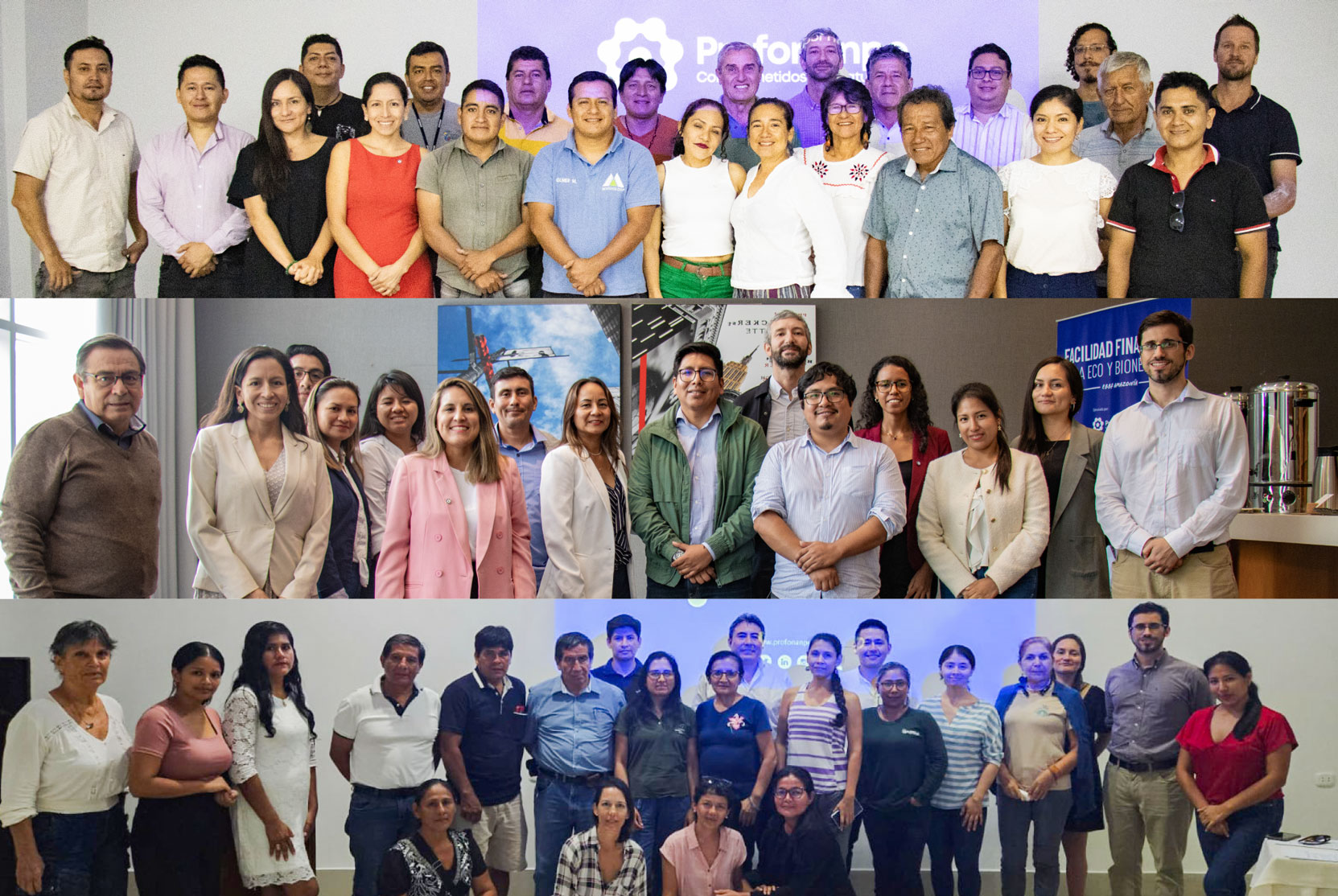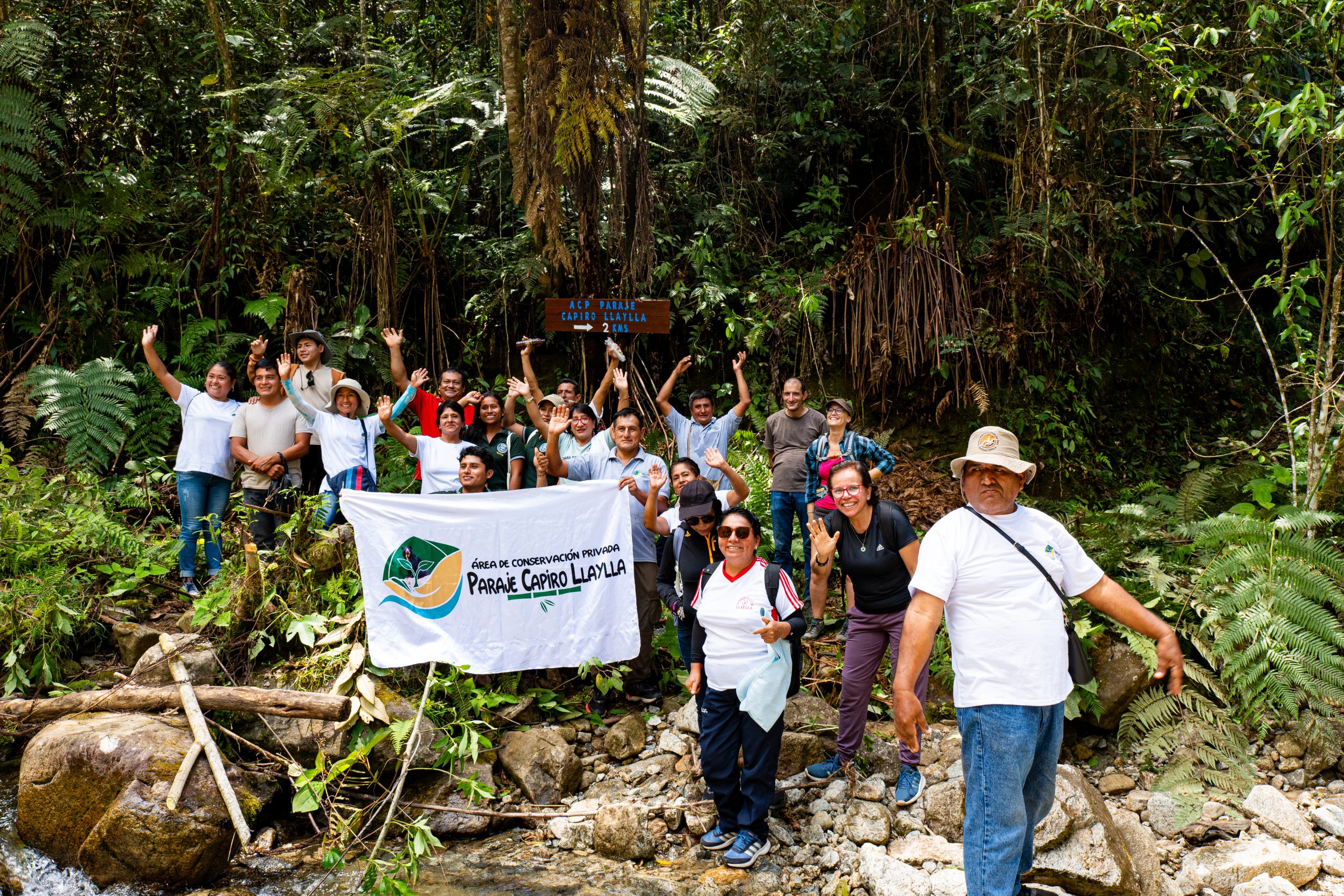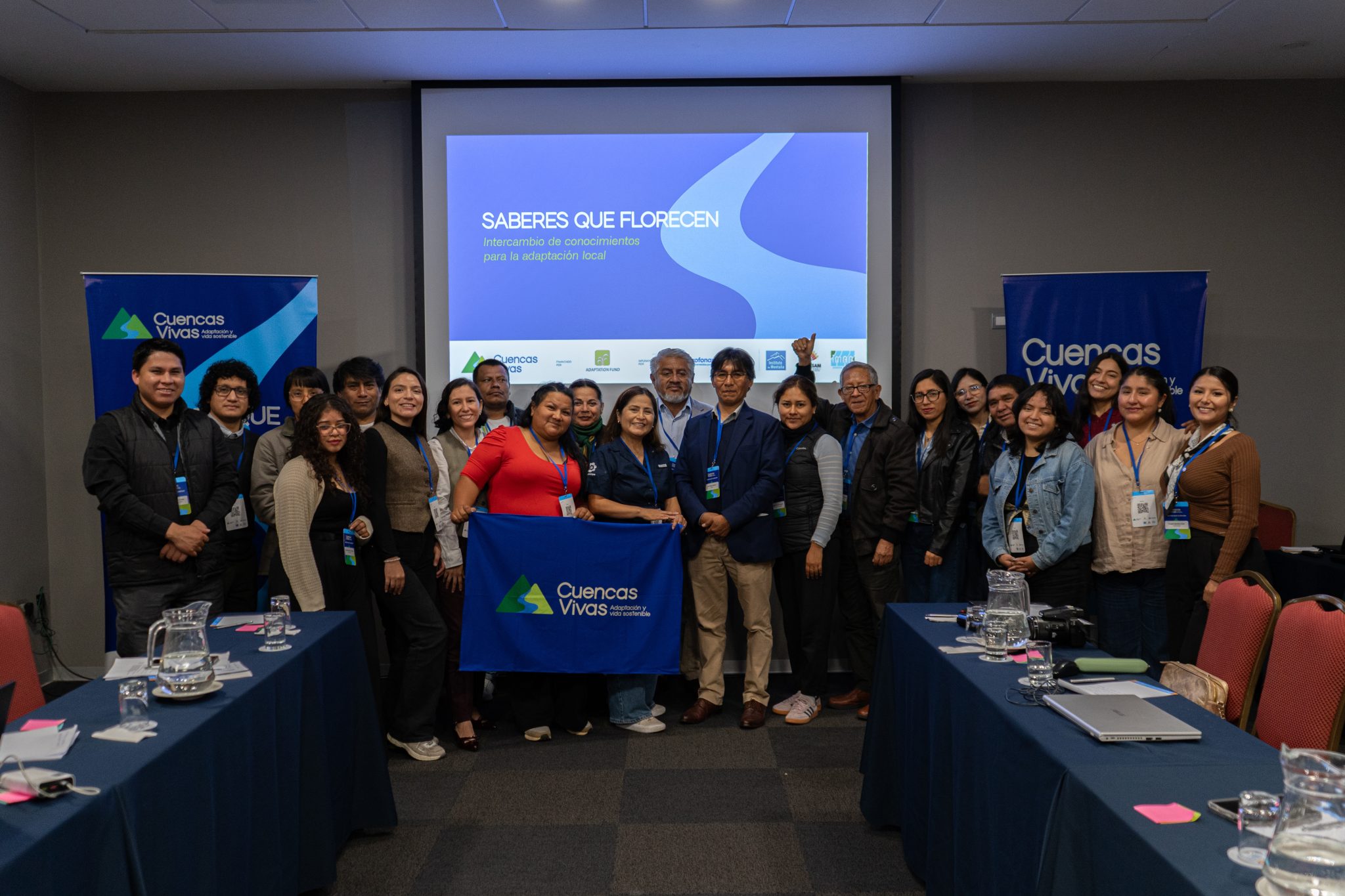Between May 7 and 10, the project “Amazon Eco Bio Businesses Facility” (Amazon EBBF) developed, in coordination with the General Directorate of Climate Change and Desertification (DGCCD) of the Ministry of Environment, participatory workshops in the cities of Lima, Puerto Maldonado and Tarapoto, with the participation of representatives of Amazon Eco Bio Businesses, public and private entities and native communities. The purpose of these workshops was to strengthen the instruments for measuring greenhouse gas mitigation, monitoring and management of the project’s environmental and social safeguards.
These instruments are key elements, since they will make it possible to establish a protocol for measuring, reporting and verification (MRV) of greenhouse gas emissions at the Amazonian bio business level, as well as the project’s Environmental and Social Management System (ESMS), through which compliance with bio business mitigation goals and international standards can be monitored to reduce the environmental and social risks they may generate.

During the activity in the city of Lima, the Ministry of Environment, a partner institution of the initiative, presented the preliminary means of verification of Peru’s REDD+ safeguards. These safeguards are understood as principles, conditions or social and environmental criteria that guide the design and implementation of policies, programs and other actions. Likewise, the guidelines of the instruments for the management and monitoring of REDD+ safeguards for Amazon Eco Bio Businesses were shared and validated.
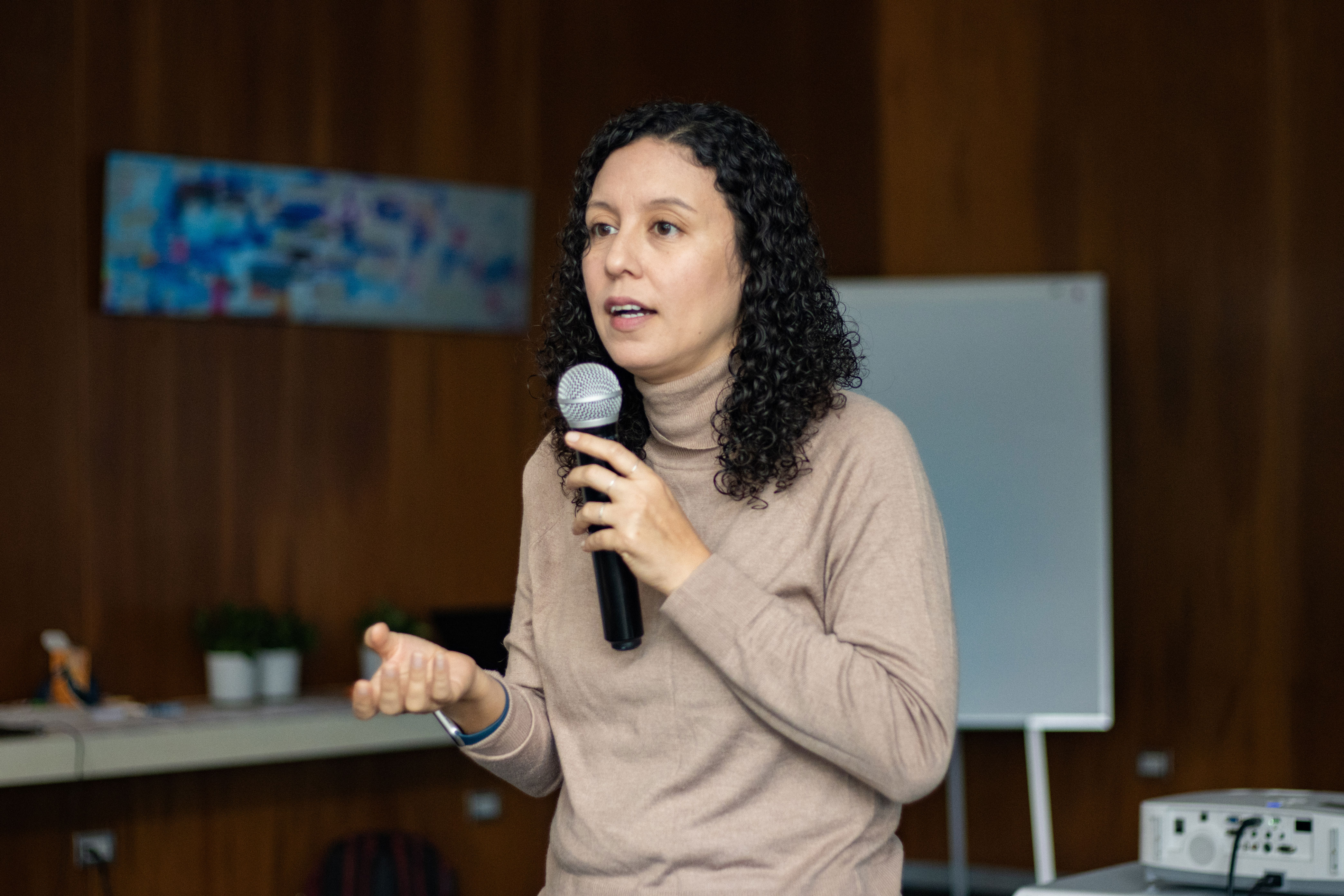
In the Madre de Dios and San Martín regions, the safeguard management instruments to be applied by the eco bio businesses were disseminated, such as the Environmental and Social Management System (ESMS), the Gender Action Plan (GAP), the Stakeholder Participation Plan (SPP), the Participation Framework for Indigenous Peoples and the Accountability and Complaints Mechanism (ACM).
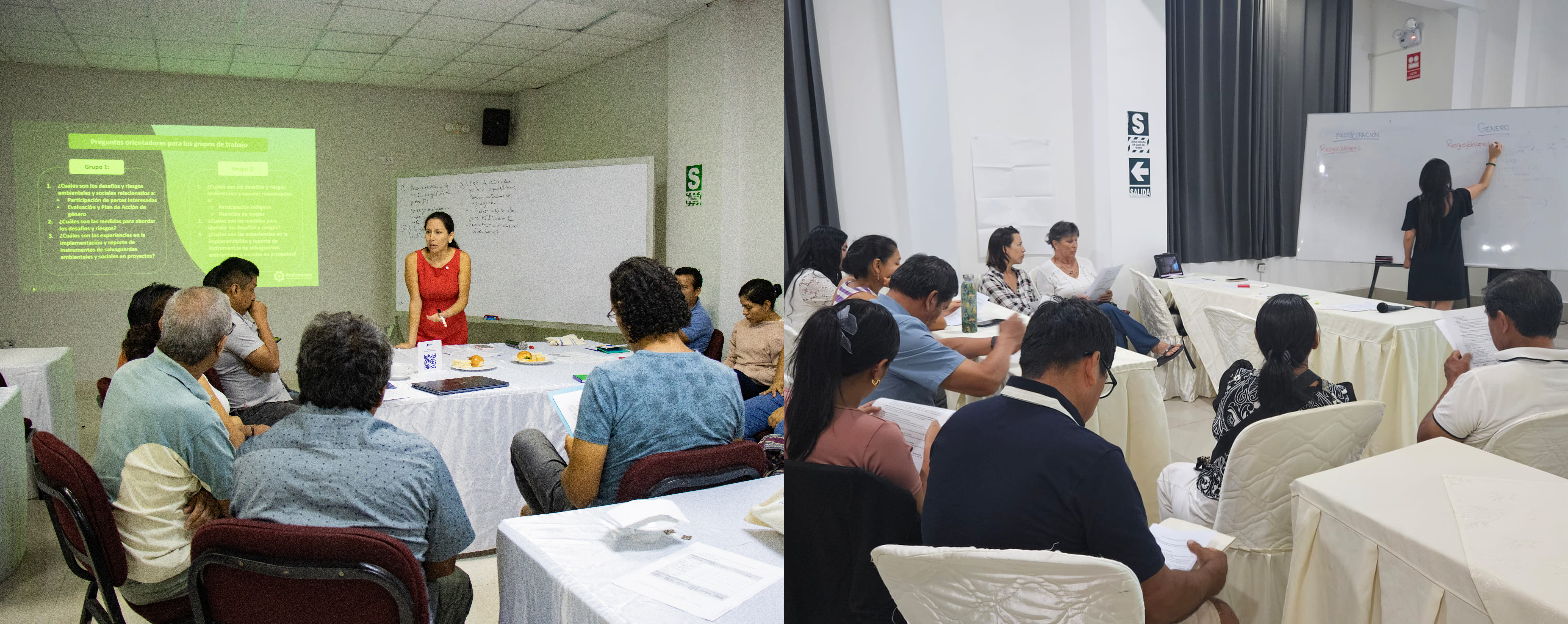
These instruments are of significant importance, as the Green Climate Fund (GCF), the project’s donor, requires compliance with these policies to ensure that each eco bio business can participate in the necessary conditions of sustainability.
The general guidelines of the protocol for measuring, reporting and verifying greenhouse gas emissions, which are the basis of the protocol to be followed to measure the impact of bio businesses in terms of emissions mitigation, were also disseminated.
The meeting was attended by representatives of national indigenous organizations, as well as local associations and different eco bio businesses linked to ecotourism, agroforestry and the timber industry, among others. Although the importance of the shared instruments was recognized, the need to adjust them to the context of the participants was emphasized, in order to facilitate the implementation of the financial mechanism and the participation of indigenous peoples.
About the Amazon EBBF Project:
The Amazon EBBF project, financed by the Green Climate Fund (GCF) and executed by Profonanpe, will provide technical assistance and partially reimbursable grants to eco bio businesses to support the sustainable management and conservation of Amazonian forests. Amazon EBBF will also support the development of technical and institutional capacities at the public and private levels, seeking to contribute to the strengthening of Peru’s REDD+ framework.


